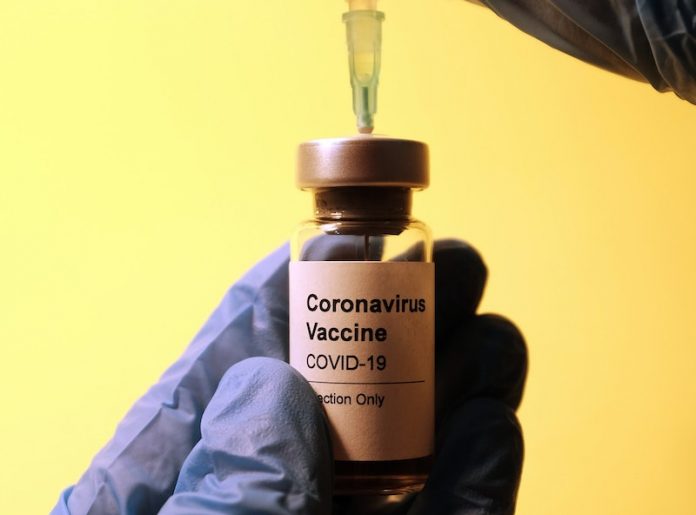
In a new study from the University of Western Ontario, researchers are working to develop a COVID-19 vaccine that shows promise in inducing a robust immune response.
They found the vaccine creates powerful antibodies against SAR-CoV-2, the virus that causes COVID-19.
The results also showed the vaccine in development has the possibility of producing stronger and longer-lasting immunity to fight against many COVID-19 variants.
Several COVID-19 vaccines have been licensed and used for nearly one year now to protect people from the virus.
But as different variants emerge, inducing stronger and longer-lasting immunity to protect vaccinated individuals becomes even more important.
While the most commonly used COVID-19 vaccines currently available and approved for use are either mRNA-based (Pfizer and Moderna) or adenovirus vector-based (AstraZeneca and Johnson & Johnson), the team’s method uses a different model.
The new vaccine uses a virus vector—a modified version of a harmless virus—as a vessel to deliver important instructions to the body’s cells.
The approach uses what’s called a recombinant vesicular stomatitis virus, or rVSV, as the vector. The team inserted the full COVID-19 spike protein gene into the rVSV vector.
The spike protein is found on the surface of the coronavirus, which allows the virus to attach to cells to enter the human body, causing COVID-19.
When the rVSV vector enters the body as a vaccine, it produces and displays the spike protein on its surface and secretes soluble forms of the spike protein as well.
The body’s immune system then recognizes that the spike protein doesn’t belong there, triggering an immune response.
The vaccine has also been modified to produce higher quantities of spike proteins, which help trigger a stronger immune response.
When tested on mice, the team found the vaccine produced much higher antibody responses and significantly reduced lung damage.
Although this work is in the early stages, the team says it’s important the world continues to develop new, more efficient and stronger vaccines in the push for global vaccine equity in order to stamp out the pandemic worldwide—especially against new and emerging variants.
If you care about Covid, please read studies about people that may not get full benefit from COVID vaccination, and findings of green tea that may offer new hope to beat COVID-19.
For more information about the pandemic, please see recent studies about familiar drug that may help treat COVID-19, and results showing that people with these mental problems less likely to get COVID-19.
The study is published in PLOS Pathogens. One author of the study is Chil-Yong Kang.
Copyright © 2021 Knowridge Science Report. All rights reserved.



